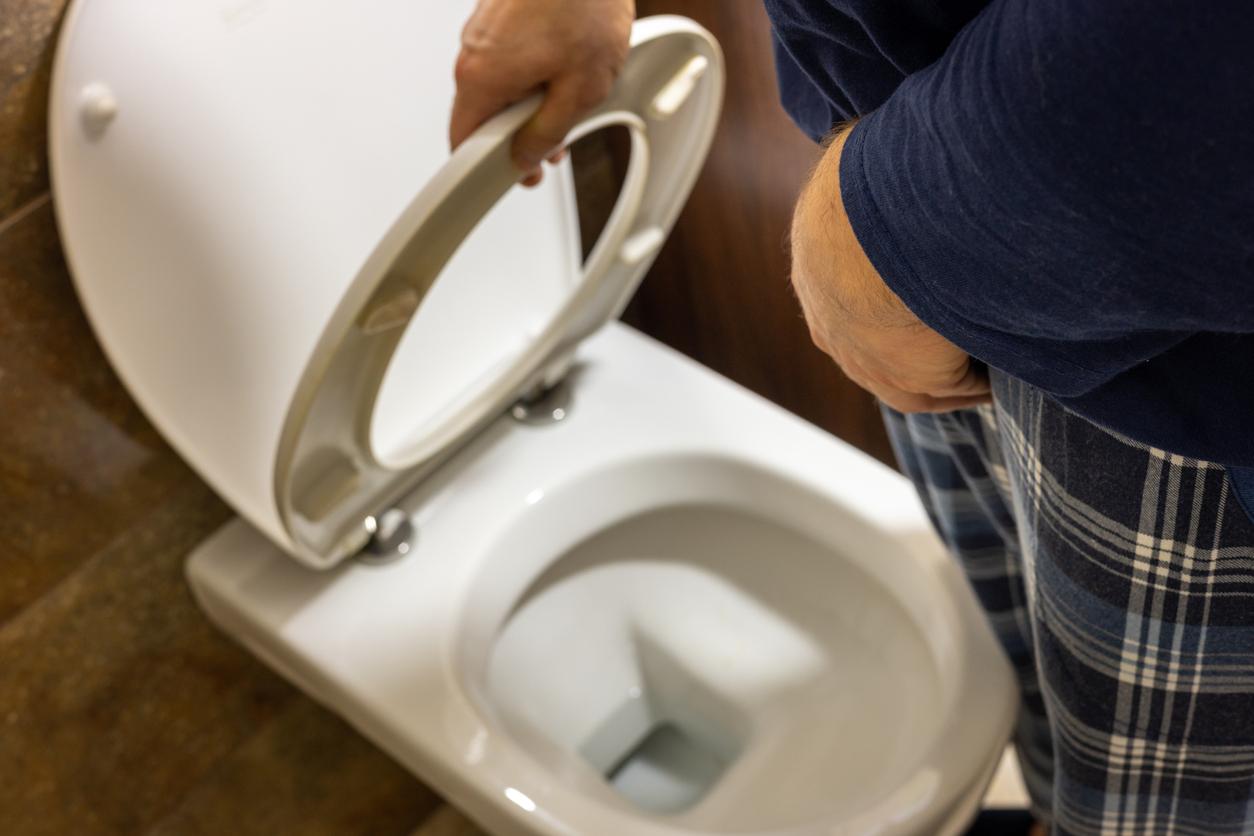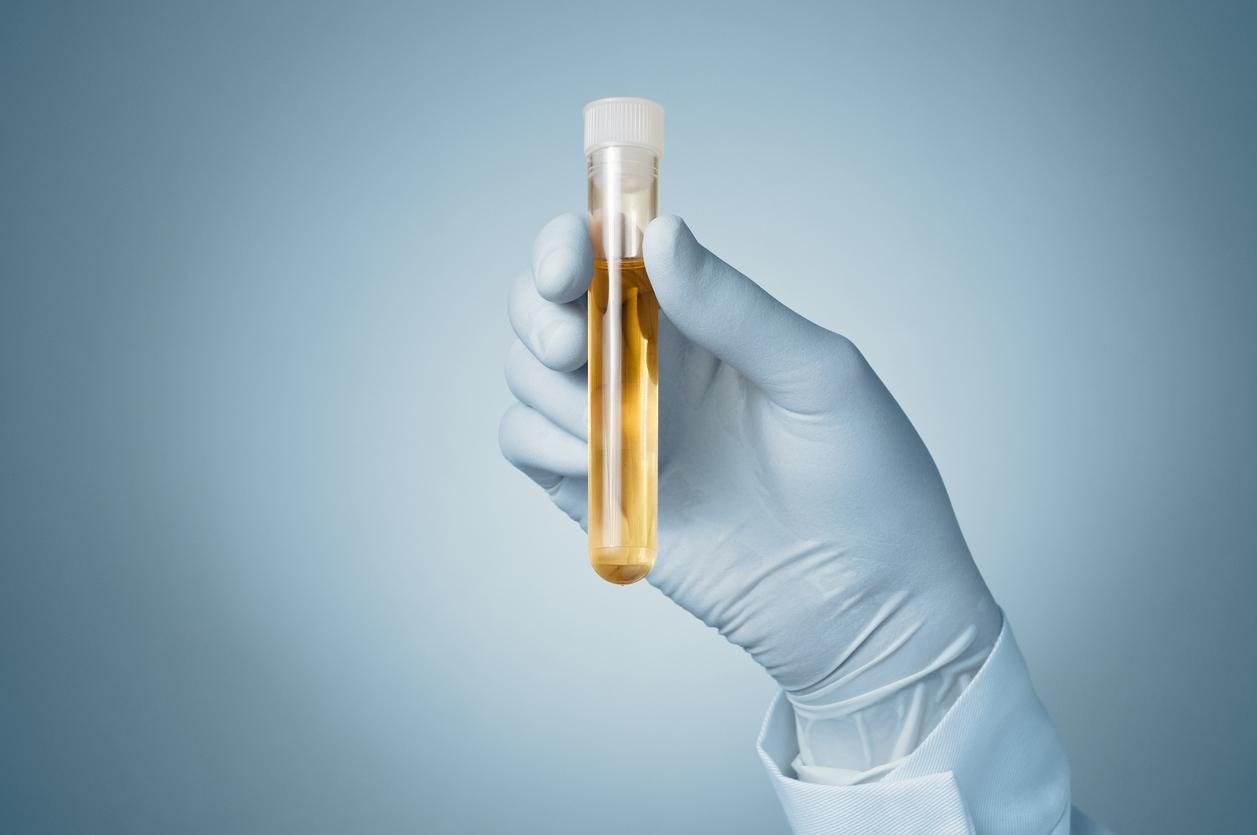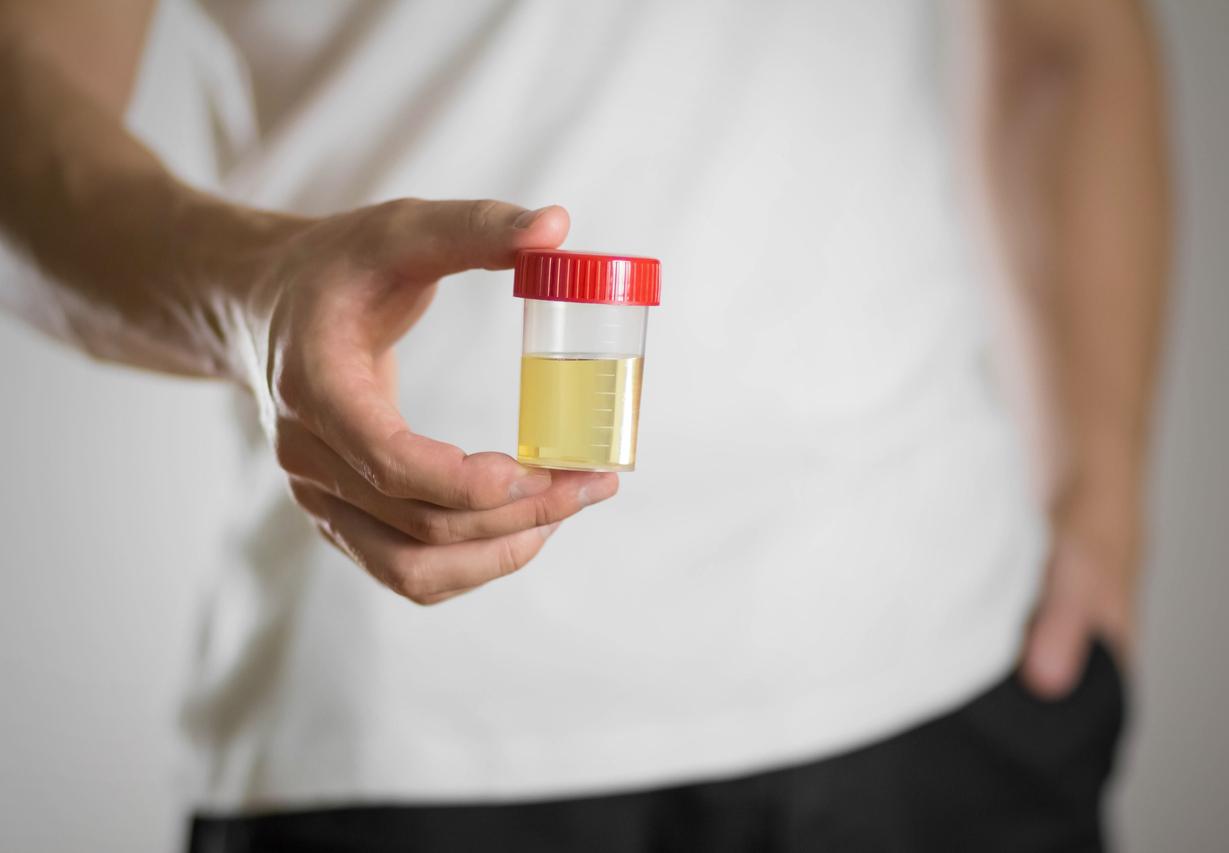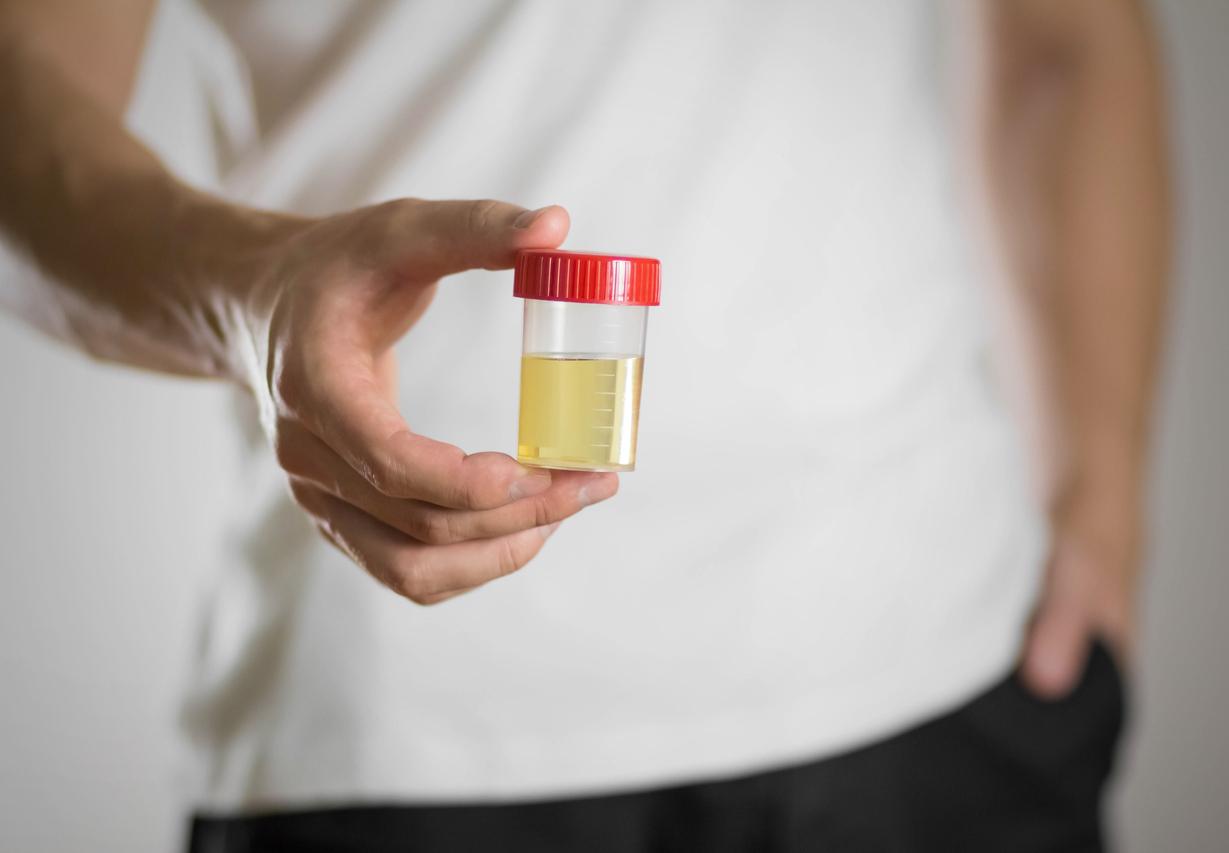Sometimes the urine has an unpleasant smell of sulfur. Food, urinary tract infection, diabetes or gastrointestinal fistula, Why Doctor helps you understand the cause of this smell and how to get rid of it.

- Sometimes the urine smells of sulfur.
- The causes can be diverse and more or less worrying, there are suitable solutions.
Have you ever noticed that your urine smells of sulfur? In most cases, the cause is mild and the odor disappears quickly in a natural way. However, this odor may be due to an illness that requires medical or even surgical treatment. From food and gastrointestinal fistulas to dehydration and urinary tract infections, Why Doctor lists the top 10 causes of sulfur smell in urine and how to get rid of it.
Foods, drugs… the most common causes
Certain foods, such as asparagus, fish, onions, and garlic have a habit of causing urine to smell like sulfur. But it doesn’t last. Once digestion is complete, your smell will return to normal. However, if you can’t stand the smell, you can stop eating these foods.
Certain medications, such as vitamin B supplements or sulfa drugs used to treat diabetes and rheumatoid arthritis, can cause your urine to smell like sulfur. To reduce it, you can try drinking more water. But if the problem persists or worsens, it will be necessary to ask your doctor to modify your treatment.
Dehydration can also cause sulfur smells. Urine is a mixture of water, from food, chemicals and toxins that our body filters out before releasing it. When you don’t drink enough water, your urine is more concentrated, darker in color, and stronger in smell. If you have traces of sulfur in your body, dehydration can contribute to bringing out this smell in your urine. There is a very simple solution: drink water!
Urinary tract infection, diabetes, cystinuria… many possible diseases
One of the first signs of a urinary tract infection is a strong smell of ammonia, similar to sulfur. The bacteria responsible for the infection is the cause of this unusual odor. It can also cause a cloudy or blood-tinged appearance. If you have a UTI, see your doctor as soon as possible, before it gets worse, for proper treatment.
If your liver no longer working efficiently, your body may have a harder time filtering toxins from your urine, which can cause your urine to smell like sulfur. If you have liver problems, other symptoms should also catch your attention, such as darker-than-usual urine, nausea and vomiting, swollen legs and feet, yellowing of the skin, or abdominal pain. If you are concerned, consult your doctor immediately. Treatment varies depending on the cause, but the specialist will likely recommend dietary changes to help you adopt a healthier lifestyle.
When the prostate becomes infected, it becomes inflamed and causes prostatitis. This condition can cause, among other symptoms, a sulfur smell in the urine. If you suffer from this disease, you may also experience a constant need to urinate and difficulty in doing so, abdominal pain and/or pain between the rectum and the scrotum. Treatment for prostatitis varies depending on the cause. The doctor may prescribe alpha-blockers to relax the muscles in this area or give you anti-inflammatory treatment to reduce pain and swelling.
Due to the formation of ketones produced when blood sugar levels are high, people with diabetes may also have a sulfurous smell in their urine. They may also experience symptoms such as frequent urination, severe thirst, intense hunger, severe fatigue and blurred vision. Other known symptoms include unexplained weight loss, recurrent vaginal and skin infections, and difficulty healing wounds. Regarding the smell of sulfur in the urine, diabetics should check that they are using their insulin correctly. Better blood sugar control can make this symptom go away.
There cystinuria is characterized by abnormal transport of amino acids in the renal tubule. The disease causes cystine kidney stones, and it can also make urine smell like sulfur. Cystinuria is usually well treated. In addition to appropriate medical treatment, your doctor may advise you to avoid foods rich in methionine, a precursor of cysteine. He may also encourage you to limit your consumption of meat, fish, eggs and cheese to 120-150 grams per day. However, sometimes medications and dietary changes are not enough and surgery is needed to treat this condition.
You can develop a hypermethioninemia if you eat a lot of foods containing methionine (nuts, pork, smoked brisket, tuna, etc.) or if your body is not breaking down your amino acids properly. You may then have difficulty standing or walking. Also, your urine, breath, and sweat might smell of sulfur. It is necessary to immediately consult a doctor who should advise you on changes in your diet and lifestyle.
A gastrointestinal fistula is an abnormal opening in the digestive system that causes gastric fluids to seep into the wall of the stomach or intestines. If you have a gastrointestinal fistula, you may have frequent UTIs and your urine will smell of sulfur. These fistulas occur most often after intra-abdominal surgery. They can also appear in people with chronic digestive problems. The solution to eliminate them depends on their size and the amount of gastric fluid that escapes from them. Some fistulas heal on their own, while others require surgery and regular monitoring to prevent serious illness such as sepsis (widespread inflammation that can lead to death).


















